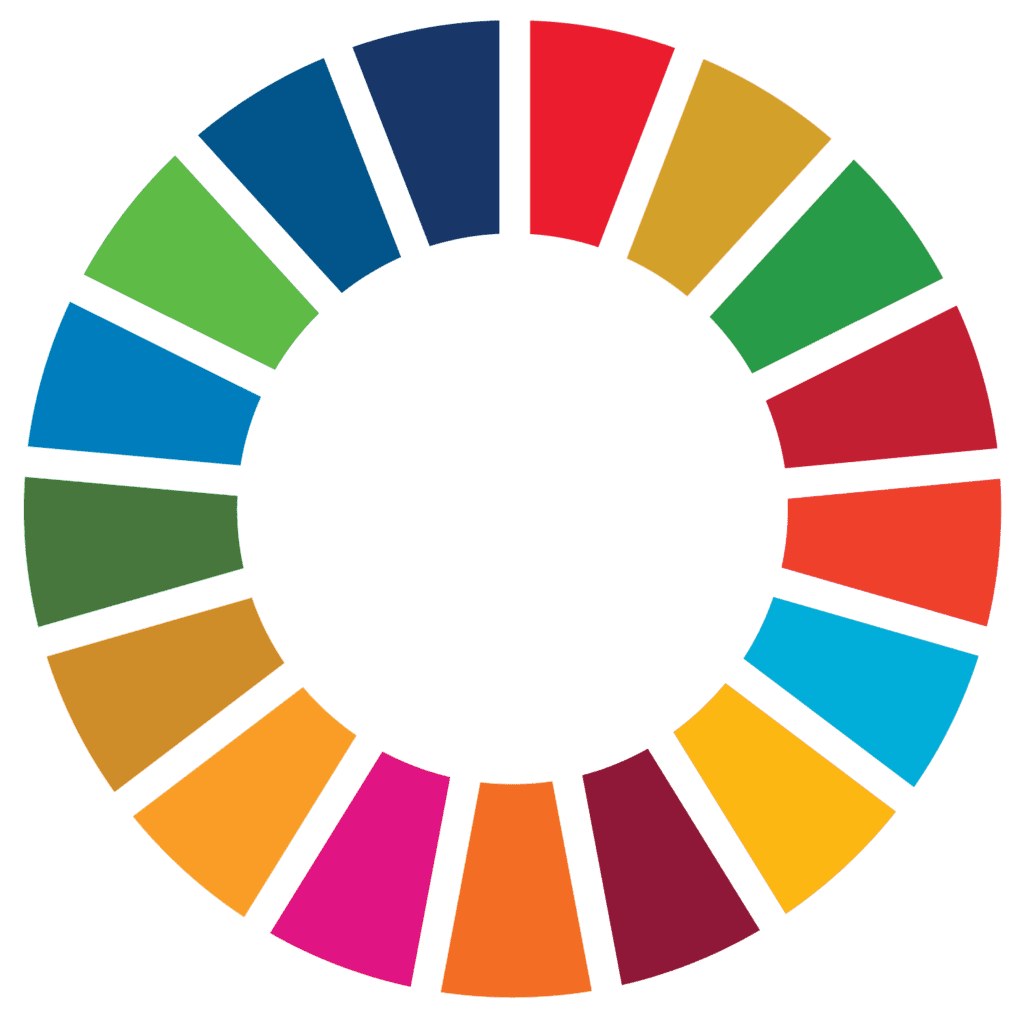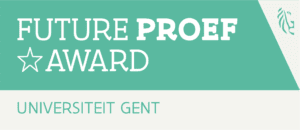Mapping Complexity for Change: A Participatory Approach to Sustainable Fisheries


The Need for Inclusive Approaches in Fisheries Management
For small-scale fishers, each decision—from when to fish to how to sell their catch—is shaped by a web of influences that range from immediate environmental conditions to long-standing social networks. Traditional top-down management approaches often overlook these localized, complex factors, resulting in interventions that may lack relevance or effectiveness. This research adopts a participatory approach, directly involving fishers in data collection and analysis, ensuring that the insights reflect their lived realities and are thus more applicable to sustainable development interventions.
By engaging fishers as co-researchers, the study fosters a deeper understanding of the social fabric within fishing communities, such as how peer networks share real-time information on fish availability or help manage risks in the unpredictable fishing industry. This collaborative model not only strengthens fishers’ roles in managing their resources but builds a foundation of trust and shared power—critical components for long-term sustainability.
Applying System Thinking to Understand Interconnected Challenges
The application of system thinking in this research provides a framework to analyze the complex, interconnected factors that shape fishers' decisions. By identifying feedback loops and examining interactions between various environmental, economic, and social pressures, system thinking captures the ecosystem in which these decisions occur.
For example, fishers’ choices about fishing location and timing are influenced by immediate factors like tide and weather, which themselves are affected by broader climatic patterns. Additionally, economic pressures, such as fluctuating prices and limited credit access, compound these environmental influences. In response, fishers develop resilience strategies, such as diversifying their catch or using informal credit networks to mitigate financial risks. This resilience, however, is often precarious—fishers become dependent on informal arrangements that can perpetuate financial vulnerability. System thinking helps uncover these cyclical patterns, enabling policy recommendations that address underlying causes rather than merely treating symptoms.
 Image by Engin Akyurt through Pixabay
Image by Engin Akyurt through Pixabay
Visualizing Complexity Through Causal Mapping
Causal mapping plays a vital role in visually representing these complex relationships, making it easier to identify key factors and understand their connections. This visual tool helped illustrate three main decision-making areas for Penang’s fishers: operational decisions (like fishing locations), strategic decisions (such as selling practices), and community involvement (including protests against coastal development). For instance, the maps showed how environmental degradation from illegal trawling and land reclamation projects not only affects fish availability but also strains social cohesion within fishing communities. Fishers, often excluded from formal decision-making, come together to advocate for their livelihoods and environmental conservation, underscoring the need for inclusive governance.
The findings of this study - causal mapping of fishers’ decisions - are a valuable resource for policymakers, as it presents a clearer picture of the underlying causal mechanisms that drive fishers' decisions. It supports the development of targeted, context-sensitive interventions, such as enhancing financial literacy or strengthening community-based organizations. By providing a holistic view, causal mapping bridges gaps between diverse stakeholder perspectives, fostering dialogue that can drive effective and sustainable policy change.
 Image by Engin Akyurt through Pixabay
Image by Engin Akyurt through Pixabay
Building a Sustainable Future for Small-Scale Fisheries
This research contributes to sustainability by addressing ecological, economic, and social dimensions in small-scale fisheries in a systematic way. Each pillar is interconnected: environmental degradation, financial instability, and social challenges together threaten the future of fisheries-dependent communities. The findings show the need for policies that promote balanced development, protect biodiversity, and enhance economic resilience in fishing communities.
For ecological sustainability, the study recommends stricter enforcement against illegal trawling and pollution control to protect marine habitats, ensuring the viability of local fisheries. Economically, it suggests expanding access to formal credit for fishers, reducing dependency on exploitative lending practices and empowering fishers to invest in sustainable practices. Socially, it underscores the importance of community-driven decision-making processes that respect local knowledge and foster inclusive governance.
Through its participatory, system-based methodology, this research offers an adaptable model for fisheries and other community-based sectors facing similar sustainability challenges. By prioritizing local perspectives and mapping complex interactions, we can foster resilience not only within fishing communities but also in the policies that shape their future.
